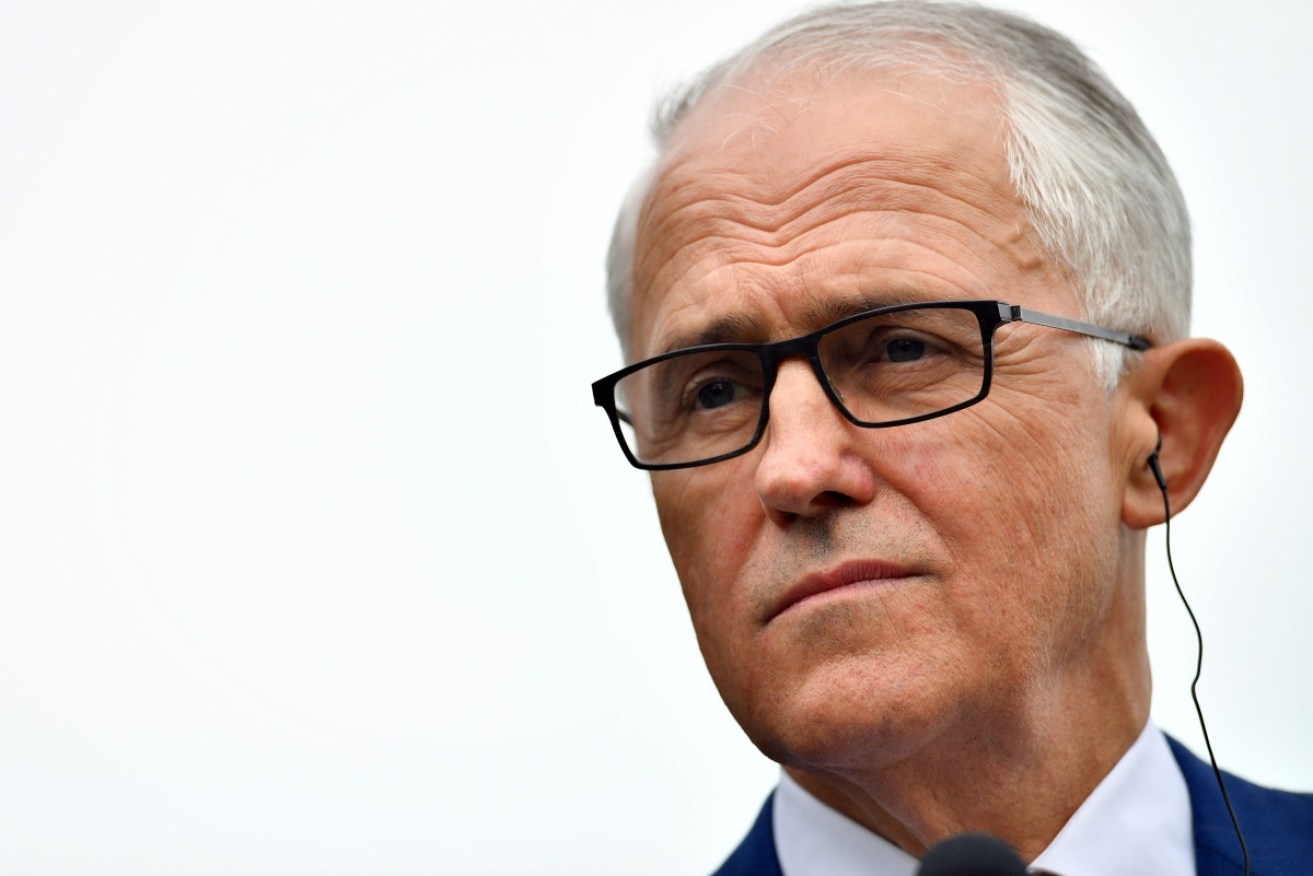Why a federal election might be right around the corner, the risk of five by-elections


Prime Minister Malcolm Turnbull could decide to call the election amid the dual citizenship saga. Photo: Getty
Thanks to an unexpected bungle by Labor, Prime Minister Malcolm Turnbull will have to make a crucial decision over the next few days that could seal his political fate.
Even though an election is still technically a year away.
When the dual-citizenship furore erupted last year, the opposition rebuffed any suggestion its MPs could be caught up in the drama.
Labor apparently based that confidence on legal advice that its candidates would not be disqualified if they could show they’d made ‘best efforts’ to renounce any non-Australian citizenship.
But this week the High Court told Labor that it was wrong to make this assumption, and that Labor senator Katy Gallagher was ineligible to be a senator because her dual citizenship had not been cancelled before the 2016 election.
According to the court, it didn’t matter that Ms Gallagher had done everything she could – she should have taken the action earlier to renounce her British citizenship.
Three other Labor MPs with similar circumstances, and an MP from Nick Xenophon’s Centre Alliance, accepted the ruling and resigned on the basis that they were also ineligible to sit in Parliament.
If we also count the recent resignation by Labor MP Tim Hammond for family reasons, this means there are now five vacancies in the House of Representatives that must be filled by fresh elections.
Ms Gallagher’s replacement will be determined by a count-back of the 2016 Senate vote.
It is up to the Speaker to ‘decide’ when those elections will be held, but given our Speaker comes from the government, it will really be the PM’s decision.

Katy Gallagher’s efforts to renounce came too late. Photo: AAP
Most of the media commentary this week has assumed the Speaker will call the byelections as soon as possible, but there is another option available to Mr Turnbull – he could call a general election instead.
There are more risks than benefits for the PM going with the five byelections option.
Opposition leader Bill Shorten has already challenged Mr Turnbull to make the elections a referendum on the major parties’ respective budgets.
So if the government does not win any of the seats, then the PM’s opponents will use the losses to claim he’s failed a test of leadership.
And there’s a good chance the Coalition would not win any of the elections.
Governments tend not to win seats off the opposition during byelections, and voters have already shown they’re not inclined to punish candidates who have to run again because they’ve been disqualified by dual citizenship.
So it’s likely Labor will keep the three seats made vacant. It would probably also retain the seat vacated by Mr Hammond.
Conservative forces in the Liberal Party are talking up the chances of Georgina Downer being able to wrest her father’s (and grandfather’s) old seat from Nick Xenophon’s Rebekha Sharkie.
But Ms Downer lives in a different state and would be seen by voters as having been parachuted in by the Liberals.
Despite the hype, Ms Downer would be far from a sure thing, and if she lost it would be Mr Turnbull called to account by her supporters.
So rather than risk the five byelections, it could make more sense to call a federal election for August or September this year instead.
As we’ve argued before, these are the best times for the next election because most other potential election dates clash with the Victorian and NSW state elections, or various school holidays.
Has anything like this ever been done before?
Yes. A paper published by the Parliamentary Library this week noted that the Speaker can take as long as he or she wishes to call a byelection when a seat becomes vacant.
On 20 occasions in Australian history, the Speaker has decided not to call a byelection because there was “an impending general election”.
The longest time between a seat becoming vacant and a general election being held is currently 128 days or about four months.
If the government held off the five byelections and called a general election for August instead, that would be around three months. So it is a live option for the PM.
Like many things in contemporary Australian politics, this decision will probably be determined by the opinion polls.
The government wouldn’t expect a dramatic bounce in the polls from the budget, but would anticipate a further tightening of the race now that voters have more information on which to judge the two major parties.
If that happens, Mr Turnbull may well decide that his best chance is to call a federal election sooner rather than later.
But if the five byelections are called in the next few days, we’ll know the PM has judged the potential cost of losing them is less than that of sending all Australians to the polls.








